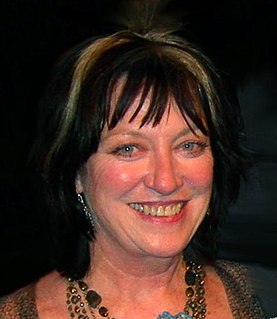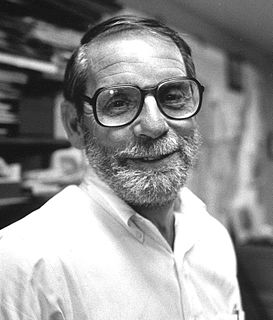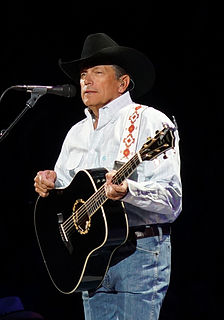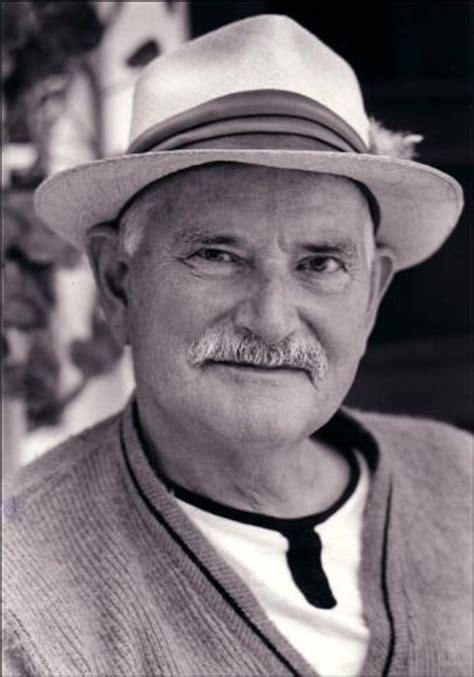A Quote by Lewis Thomas
As a species, taking all in all, we are still too young, too juvenile, to be trusted. We have spread across the face of the earth in just a few thousand years, no time at all as evolution clocks time, covering all livable parts of the planet, endangering other forms of life, and now threatening ourselves.
Related Quotes
The planet earth has a life span of eight billion years, give or take a few million. People have been around for approximately forty thousand years-a virtual blink in the cosmos. It is sad that we as a species are ravaging the natural world so fast that we are jeopardizing our survival. If we wipe ourselves out, it would be the height of folly, but the earth will survive even us. It will eventually restore itself. It might take a few thousand years, and it won't be just as it was before, but its life is stronger than death.
I am a member of a fragile species, still new to the earth, the youngest creatures of any scale, here only a few moments as evolutionary time is measured, a juvenile species, a child of a species. We are only tentatively set in place, error prone, at risk of fumbling, in real danger at the moment of leaving behind only a thin layer of of our fossils, radioactive at that.
My great hope for us as young women is to start being kinder to ourselves so that we can be kinder to each other. To stop shaming ourselves and other people for things we don't know the full story on - whether someone is too fat, too skinny, too short, too tall, too loud, too quiet, too anything. There's a sense that we're all ‘too’ something, and we're all not enough.
Sometimes we don't face what's going on in our world, be it a water crisis or an earth crisis, because it's a little too scary and painful. Just like we don't want to face the parts of ourselves that are a little too uncomfortable or painful. We've gotta face both and love both so that we can heal both.
On the geological time scale, a human lifetime is reduced to a brevity that is too inhibiting to think about deep time. ... Geologists ... see the unbelievable swiftness with which one evolving species on the Earth has learned to reach into the dirt of some tropical island and fling 747s across the sky ... Seeing a race unaware of its own instantaneousness in time, they can reel off all the species that have come and gone, with emphasis on those that have specialized themselves to death.
I'm just not going to tour. One point I want to get across to everybody is that I'm still going to make records and I may still do some events. It's not the last time I'm onstage. It's been a part of my life for too long to quit everything. I have done it since the '80s, and I think it's time now to maybe see if I can live without that part.
Let us remember, too, that greatness is not always a matter of the scale of one’s life, but of the quality of one’s life. True greatness is not always tied to the scope of our tasks, but to the quality of how we carry out our tasks whatever they are. In that attitude, let us give our time, ourselves, and our talents to the things that really matter now, things which will still matter a thousand years from now.


































